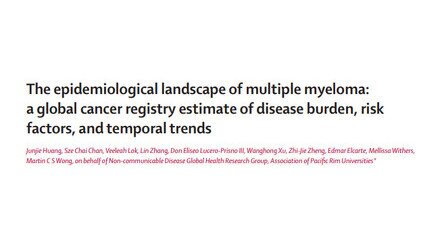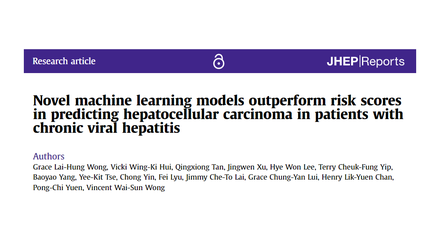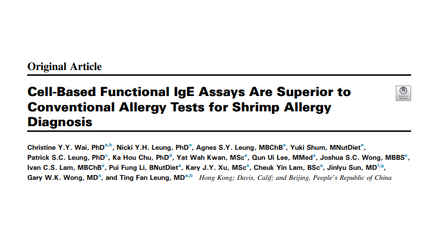DNA telomere length to predict end-stage kidney disease
Type 2 diabetes is the leading cause of end-stage kidney disease. In order to provide a timely intervention, researchers around the world aimed at discovering biomarkers to identify individuals with type 2 diabetes at high risk of developing end-stage kidney disease or rapid decline in kidney function. This is the largest prospective study which included the longest follow-up period of its kind. It proved that shortened DNA telomere length (tail-end of DNA strands) is a useful biomarker linked to a higher risk of developing end-stage kidney disease in patients with type 2 diabetes.
Anyone interested in future collaboration in this field of research is welcome to contact our key investigator Prof Ronald MA and Prof Juliana CHAN from the Department of Medicine and Therapeutics, CUHK. Prof Ma’s research focuses on epidemiology of diabetes, genetics of diabetes and diabetic complications, gestational diabetes and endocrine disorders. Prof Chan’s research focuses on diabetes, endocrinology and clinical pharmacology.










